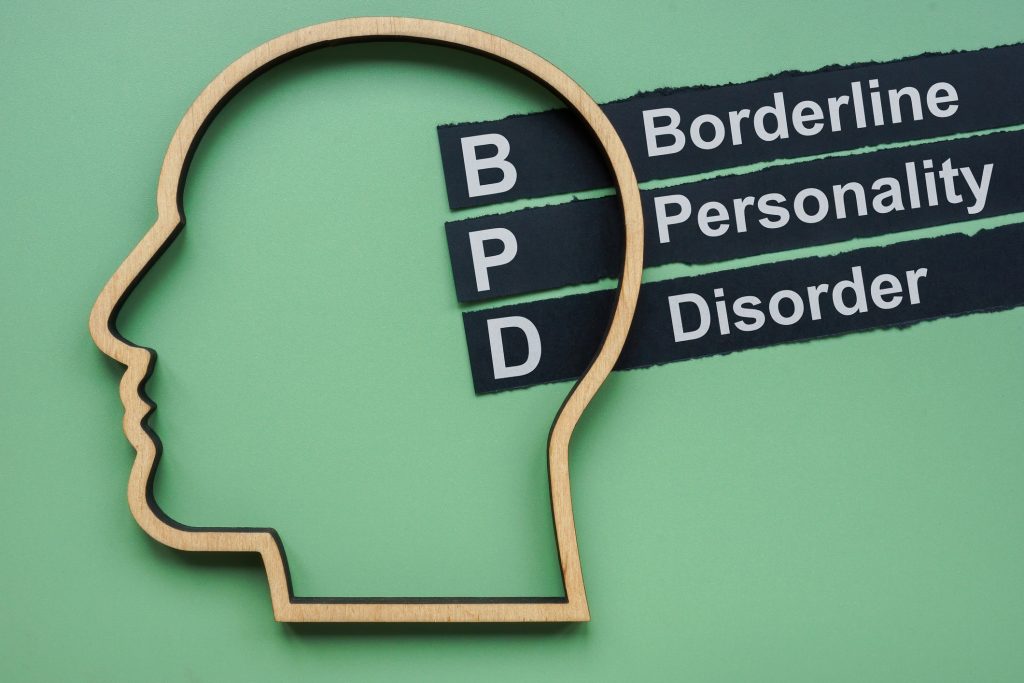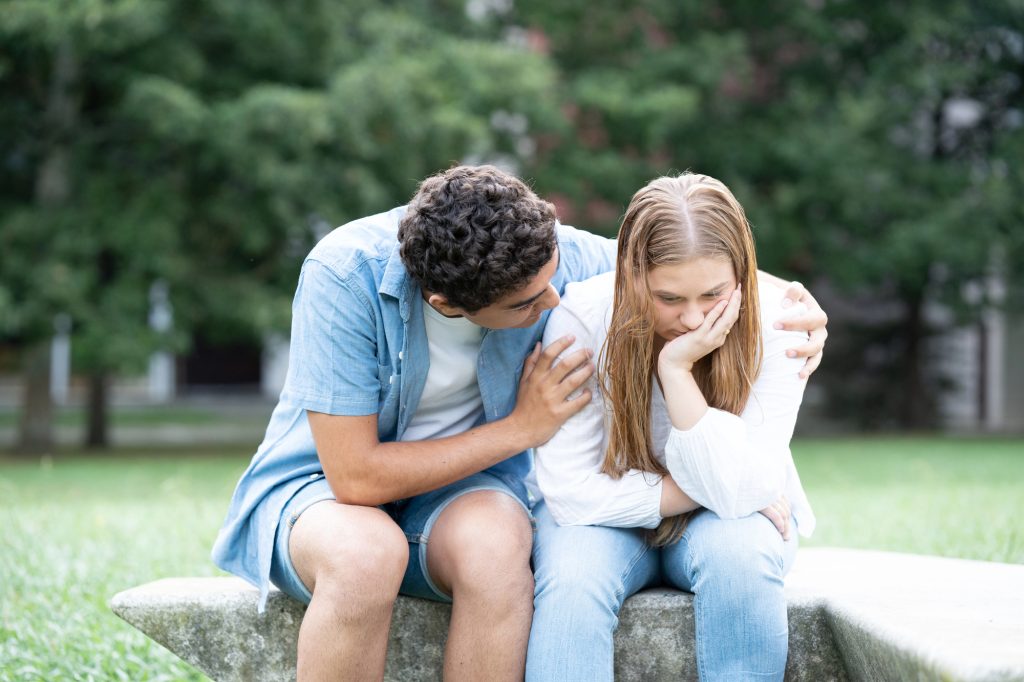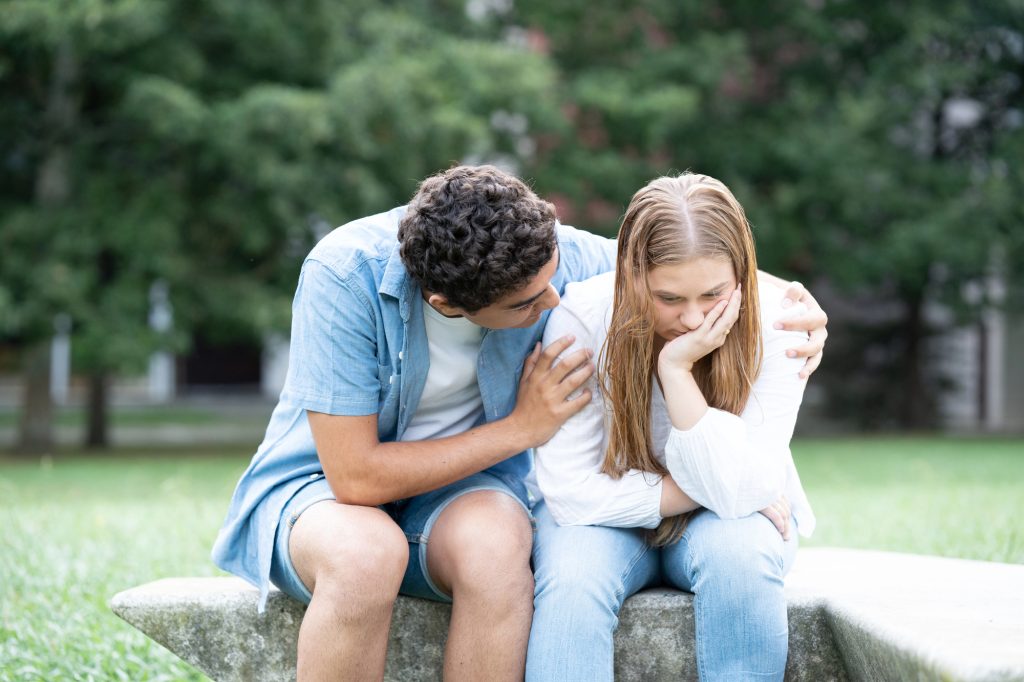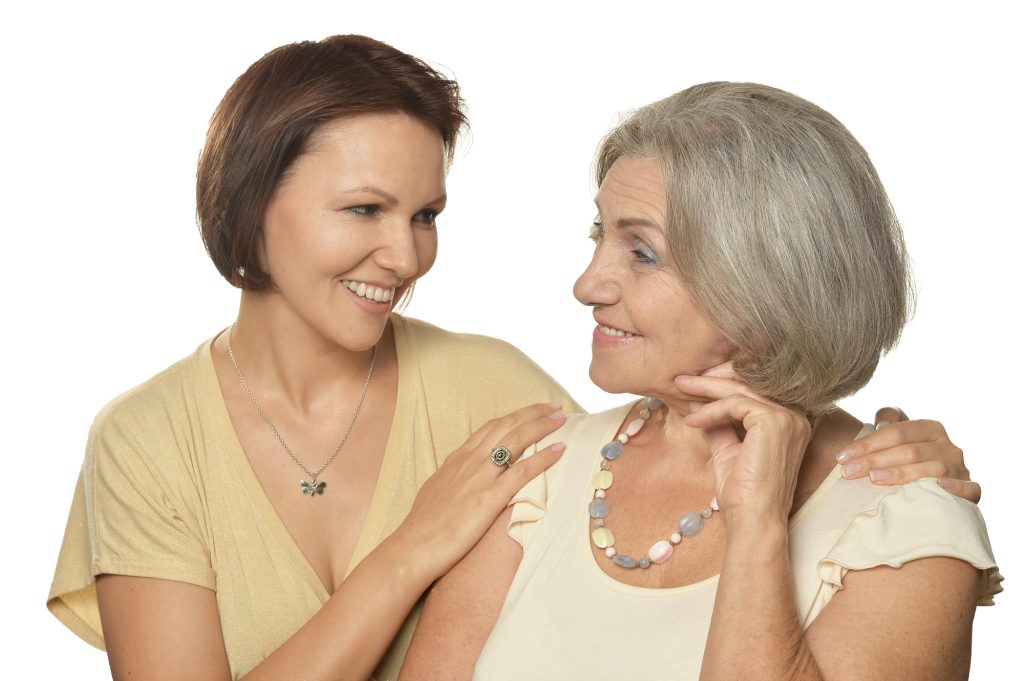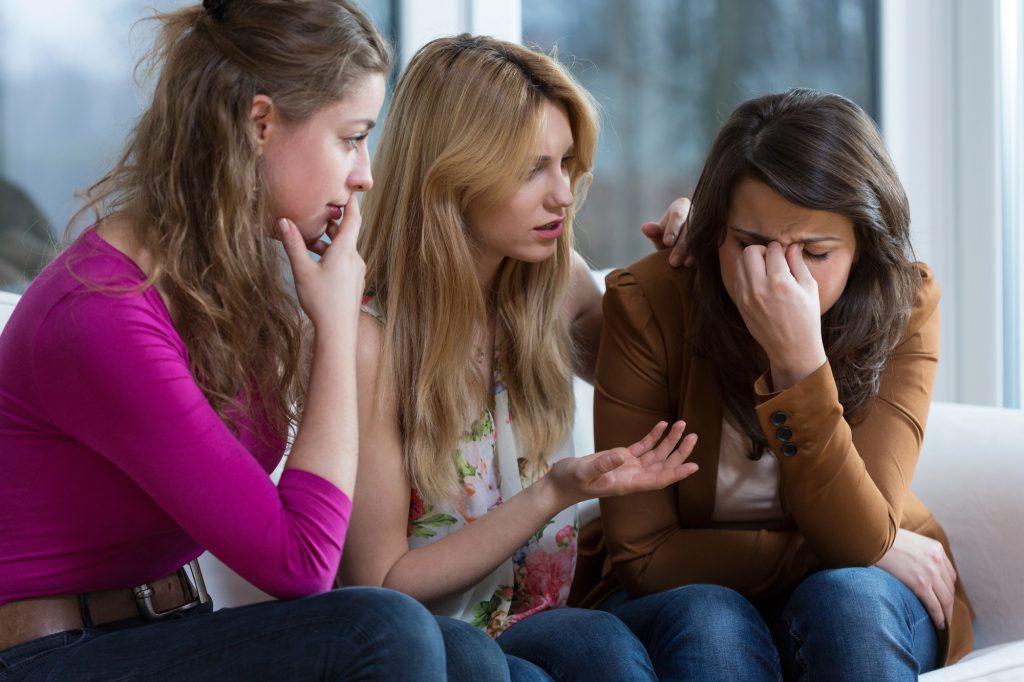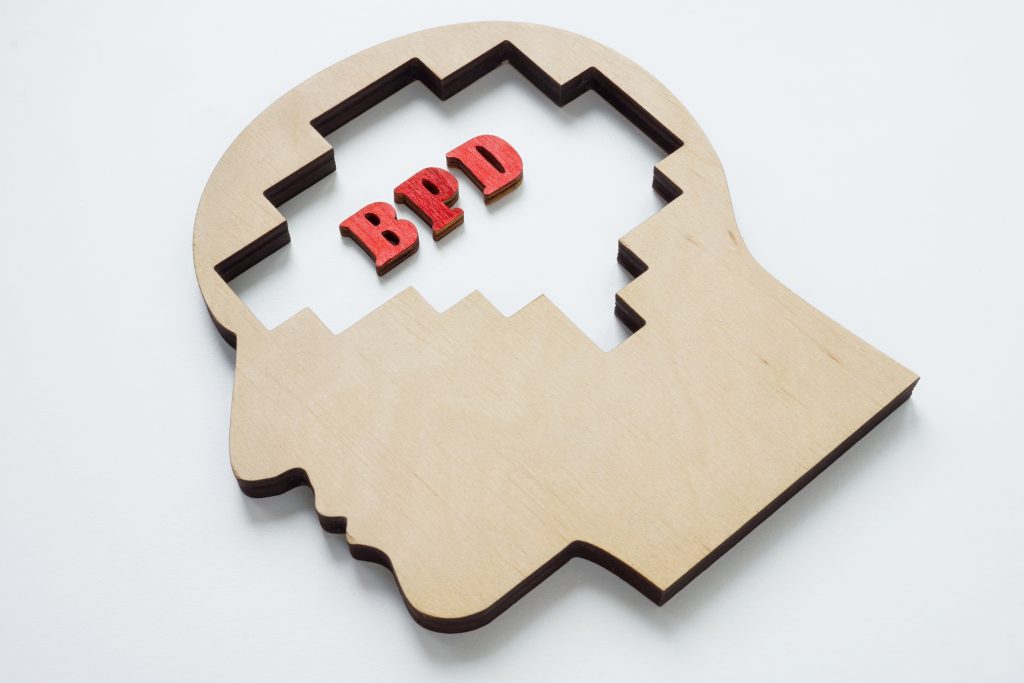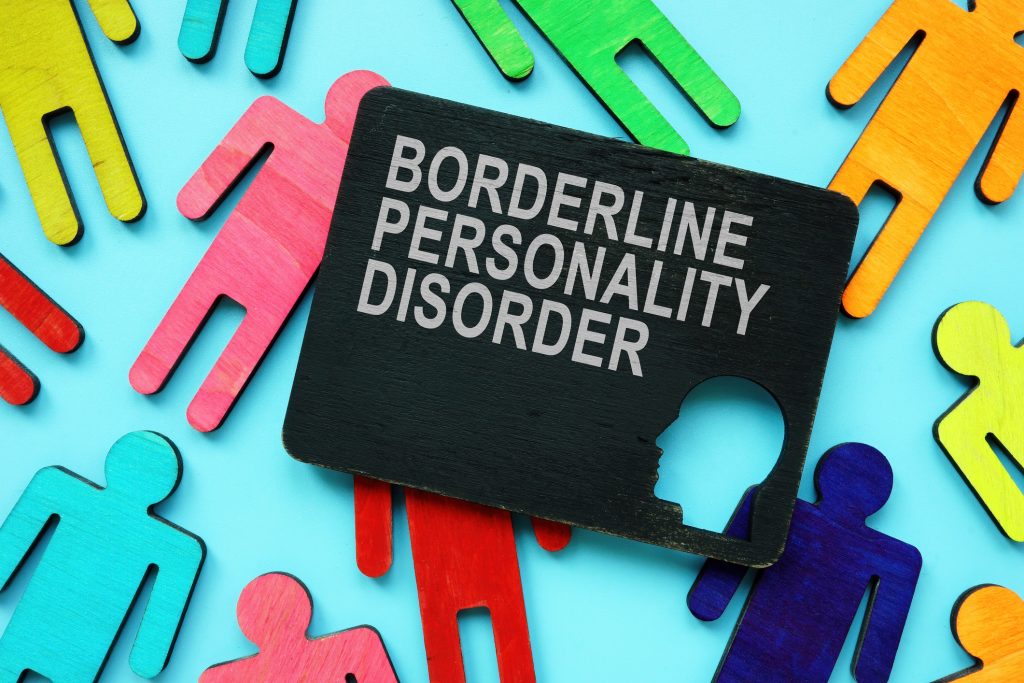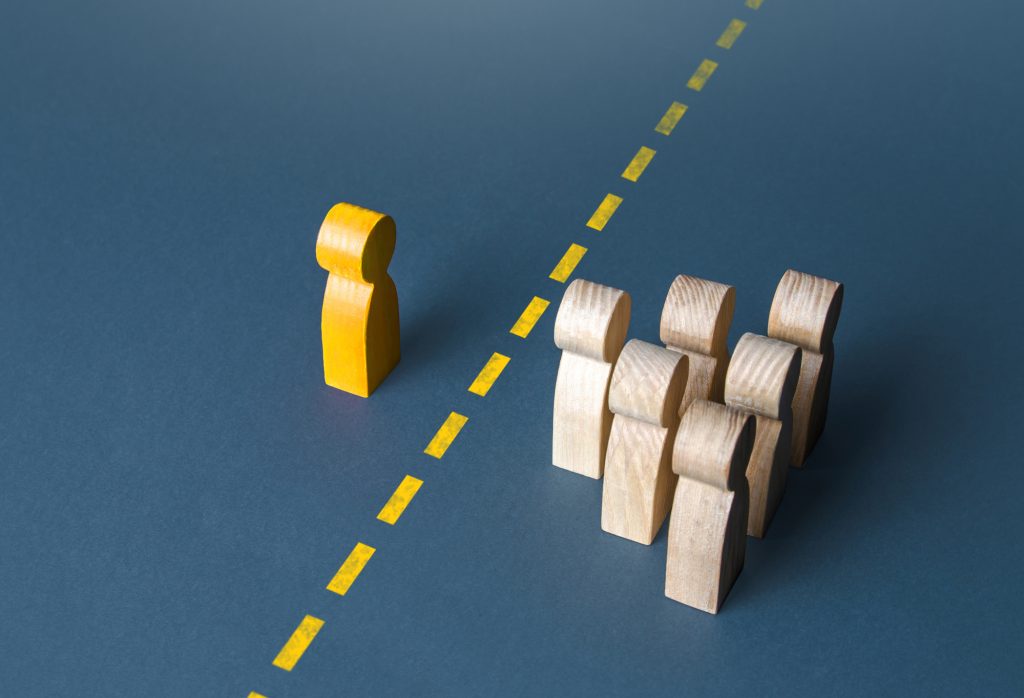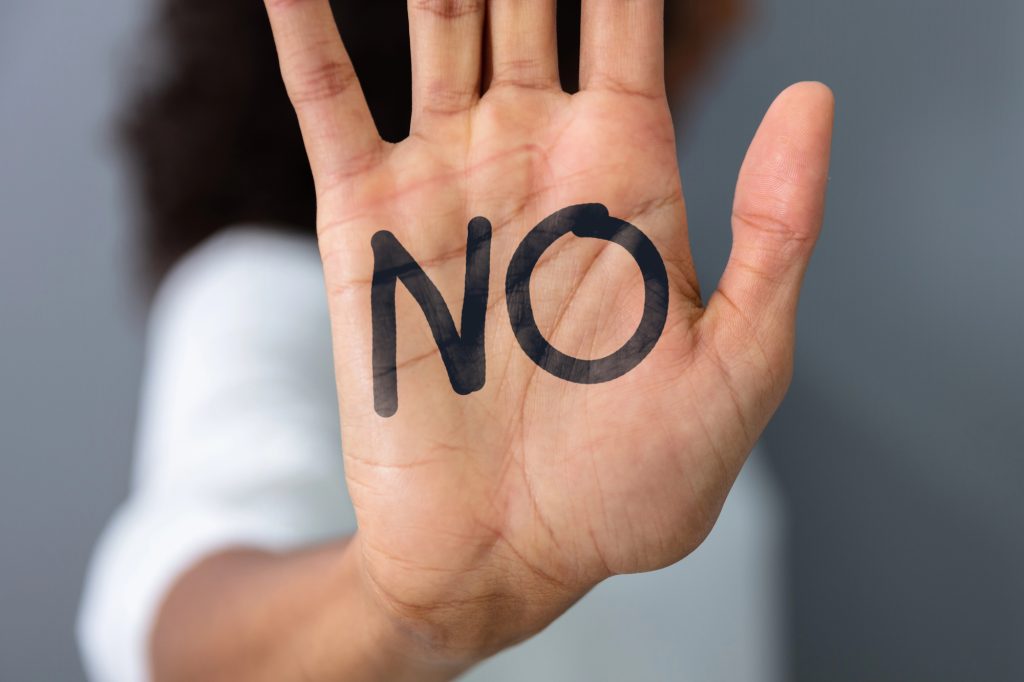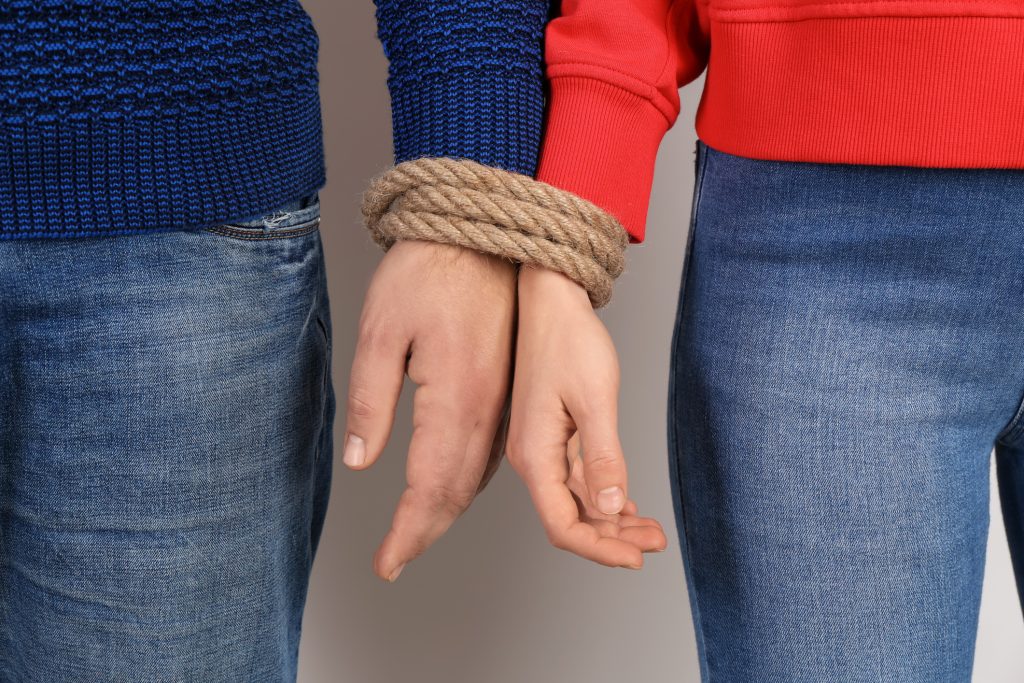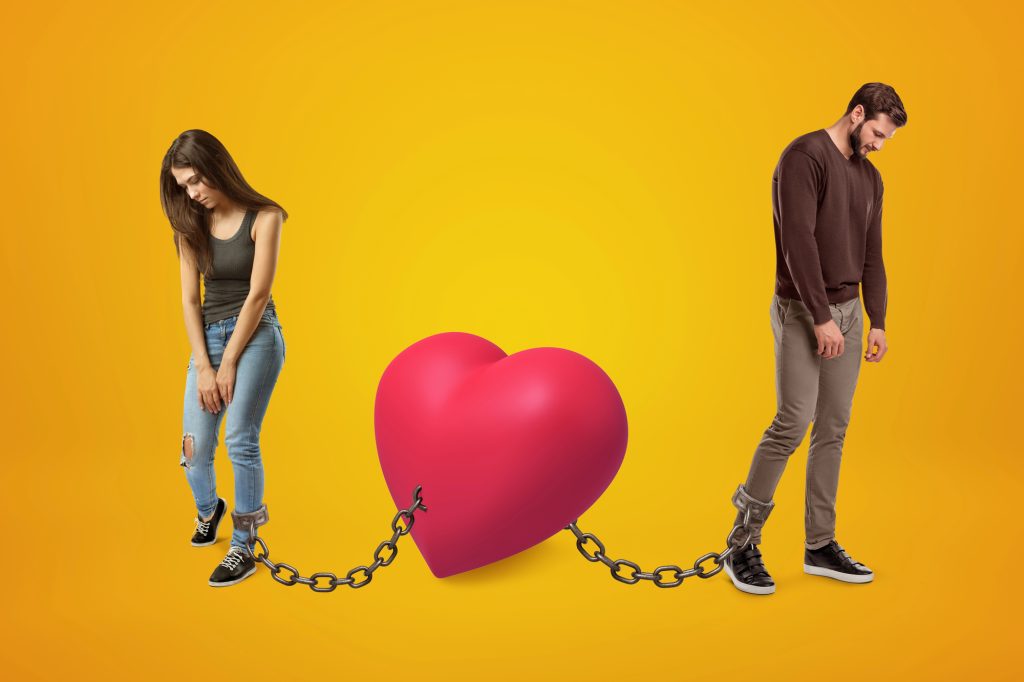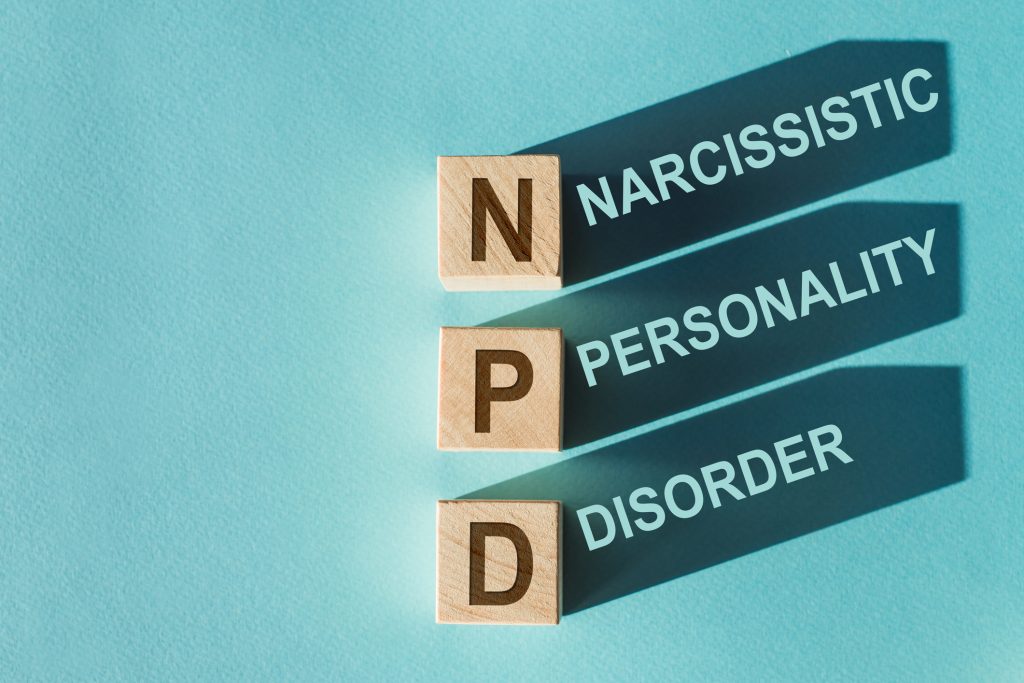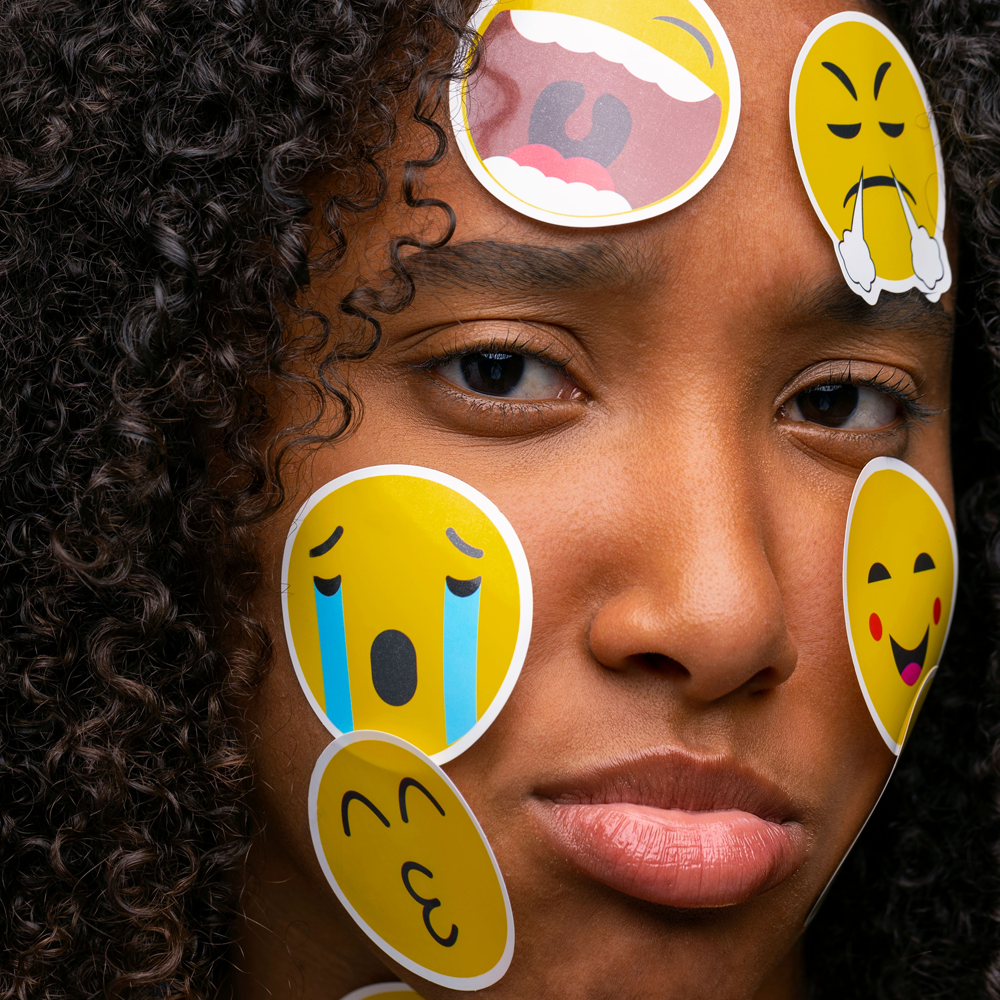
Things to Mourn Before Moving On: The Hidden Grief of Leaving Toxic Relationships Behind
by AJ Murillo
It’s strange how long it can take to realize that a relationship—one we’ve invested love, time, and parts of ourselves in—is hurting us.
At some point, whether it’s a quiet moment in the middle of the night or after yet another conversation that leaves you feeling small and unseen, something shifts. You see it. You really see it. And it lands in your body before your brain can even catch up.
When you realize that someone you love is causing you harm, it’s not just painful; it turns your whole world upside down. Admitting it, even to yourself, is difficult. And when you finally accept it, things don’t necessarily get easier. If anything, they become more complicated.
This is especially true when that person has been in your life for a long time—a parent, a partner, someone who helped shape who you are, someone who mattered to you, and perhaps still matters to you, which makes it all feel worse. There’s what happened and what you wanted it to be. That gap can hurt more than the ending itself. It’s not just about stepping away; it’s about sorting through the pieces of yourself tangled in everything that happened.
Because honestly, the hardest part isn’t really about them. It’s seeing yourself in all of it.
Realizing how long you’ve been bending, how much of yourself you’ve buried, and how many times you’ve kept quiet, stayed, or made peace with things that were never okay. It’s brutal because suddenly you’re not just grieving the relationship—you’re grieving you. The you who thought things would get better, the you that stayed hopeful, and the you that believed love alone was enough.
It’s not just sadness. It’s confusion. Guilt. Anger. Shame. Doubt. Grief in a dozen different disguises. It’s the kind of pain that sits too deep for language. And when you try to talk about it, it always feels smaller than what’s living inside you. But if you’ve lived it, you know—it’s not dramatic. It’s a storm of pain and distortion that itches at your mind.
If you’re questioning your past, your choices, or who you thought you were, don’t panic. You’re not broken — you’re breaking open. You’re starting to see clearly. That kind of clarity can be overwhelming at first, but it’s real. And you’re strong enough to handle it.
We all must grieve certain things—parts of ourselves, our past, our hopes—before we can truly move forward. It’s not easy. But it is possible. And you don’t have to go through it alone.
Here are eight of those things we often find ourselves mourning.
1. The Version of Us That Tried So Hard
There’s a version of ourselves we often cling to—the one who kept hoping, kept fighting, and kept making it work no matter how drained we felt. The one who twisted into knots to stay connected.
Letting go of that version can feel like betrayal, as if we are giving up on a story we once believed in. However, sometimes the bravest thing we can do is grieve for the self who didn’t know any better… and forgive them. They were doing their best with what they had.
Tip: Write a letter to that version of yourself. Thank them for trying, and gently let them know you don’t need to survive that way anymore.
2. The Beliefs That Quietly Shaped Everything
Toxic relationships don’t just live in words and actions—they live in the beliefs we adopt just to survive them. Things like: Love means enduring pain. Boundaries are selfish. My needs are too much.
These beliefs take root so quietly and profoundly that we begin to confuse them with the truth.
Letting go of those beliefs feels confusing at first. You might not know what to think or trust. But little by little, what’s true for you starts to become clearer.
Tip: Start noticing the “rules” you live by—and question where they came from. If a belief feels heavy or harsh, it probably isn’t yours to keep.
3. The Future We Thought We Were Building
There were likely plans. A vision. Perhaps even a whole imagined life—birthdays, kids, peace, healing, a future where things finally got better. And then… that future crumbled. Not all at once, but piece by piece.
Grieving that lost future is a quiet heartbreak for which no one prepares us. But what’s real is this: letting go of the life you thought you were building makes room for the life that wants to be built—one that includes your joy.
Tip: Don’t just push it down—name it. The future you pictured. Write about it. Cry if you need to. Say out loud what you were hoping for. There was a version of you that truly believed in that future—and they deserve to be honored. Not so you stay stuck there, but so you can let it go with love…and step into what’s next with clarity.
4. The Trust We Handed Over Without a Backup Plan
It’s not only that trust was broken; it’s that we gave it so freely, perhaps even desperately. We needed to believe that someone would hold us safely.
When that doesn’t happen, it not only hurts—it also shakes our sense of judgment and reality.
Grieving the loss of trust takes time. Rebuilding it, especially in ourselves, takes even longer. But it can come back. Slowly. On your terms. In your rhythm.
Tip: Start small. Do one thing you told yourself you’d do—and follow through. Little by little, that’s how trust grows back, not with big declarations, but with quiet proof that you’ve got your own back now.
5. The Illusion That We Were in Control
There’s a strange safety in our chaos; at least we know the rules there. We learn how to predict moods, navigate through landmines, and maintain peace. That can start to feel like a form of control.
But it’s not. It’s survival.
Fear at the start is part of the process. Change rarely feels safe right away, even when it’s exactly what you need.
Tip: You don’t need to control everything to feel grounded. Start by getting clear on what’s yours—your time, your limits, your energy, and your voice. That’s where real peace begins: inside, not out.
6. The Place That Was Never Really Safe
Leaving what hurts us doesn’t always feel like freedom initially; sometimes, it just feels like being lost.
We mourn the connection, even when it hurts. We mourn the belonging, even if it was conditional.
But loneliness isn’t worse than being unsafe. You deserve love that feels solid and soft. And it starts with how you choose to treat yourself.
Tip: Start by showing up for yourself. Speak gently. Rest often. Practice love the way you wish it had been given.
7. Our Energy, Wasted but Not Gone
Toxic dynamics are exhausting. We give and give and give, and it’s never enough. Such depletion leaves a lasting scar. At first, all we can see is what we lost: the time, the effort, the emotional labor.
Here’s the truth: that energy is still ours. It’s just been tangled up in survival. When do we start calling it back? That’s when we remember what power feels like.
Tip: Your energy is yours again. You don’t need to do anything significant; start noticing what feels good and the little things that bring you peace.
This Isn’t the End. It’s the Beginning.
There’s so much to mourn when you finally walk away. But all of it—every loss, every unraveling—is also the beginning of something new. A return to yourself. A chance to build a life grounded in truth, care, and absolute safety. Not the kind that came with conditions, but the kind that allows you to be fully yourself.
Let this grief be proof that you’re growing. Let it signify something. Because this isn’t where your story ends; it’s where you begin to come home.

